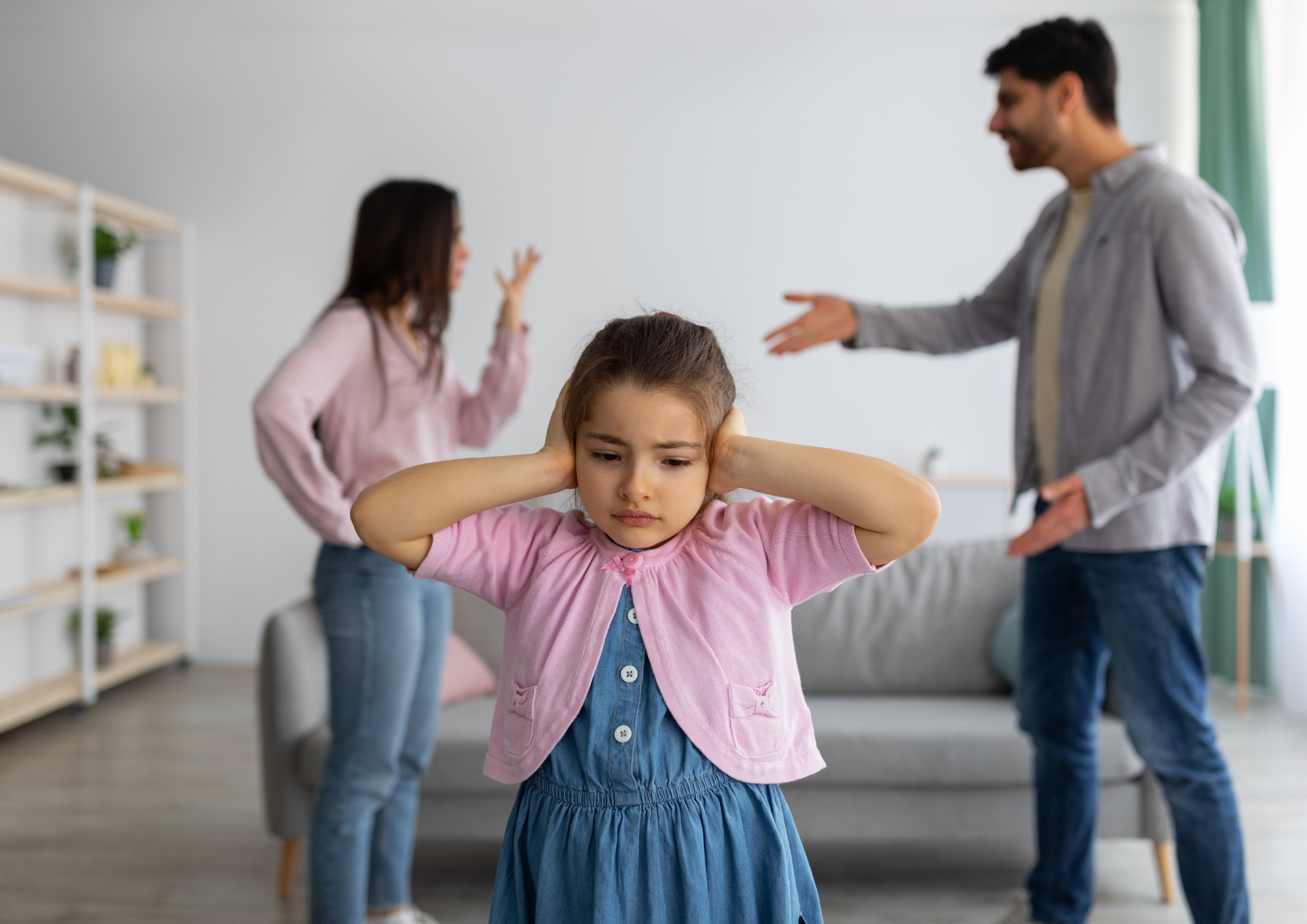In addition to a lack of motivation, depression can cause physical symptoms such as fatigue, changes in appetite, and sleep disturbances, which can further impact a person’s motivation and energy levels.
Fortunately, many strategies can help increase motivation when experiencing depression. These include seeking professional support, practising self-care, setting achievable goals, and celebrating small successes.
Here are some ways to get motivated when feeling depressed:
- Start small: When feeling depressed, thinking about tackling a large task or goal can be overwhelming. Starting with a small, manageable task can help build momentum and increase motivation.
- Set achievable and realistic goals: Setting achievable goals can help build confidence and motivation. Break larger goals into smaller, more manageable tasks.
- Create a routine: Establishing a routine can provide structure and consistency, which can be helpful when feeling depressed. Start with a simple routine, such as waking up and going to bed at the same time each day, and gradually build from there.
- Practice self-care: Taking care of yourself is vital for physical and mental health. Engage in activities promoting relaxation and self-care, such as exercise, meditation, or leisure time in nature.
- Seek support: Talking to a therapist or support group can provide guidance and support when feeling depressed. Friends and family can also offer support and encouragement.
- Focus on the present: Depression can make it difficult to focus on the present moment. Practising mindfulness and focusing on the present can help increase motivation and reduce overwhelming feelings.
- Celebrate progress: Even small accomplishments can help build motivation and confidence.
Remember that it is essential to be patient and kind to yourself when feeling depressed. Recovery is a process, and setbacks and challenges are a natural part of that process. With time, patience, and support, building motivation and moving towards recovery is possible.










